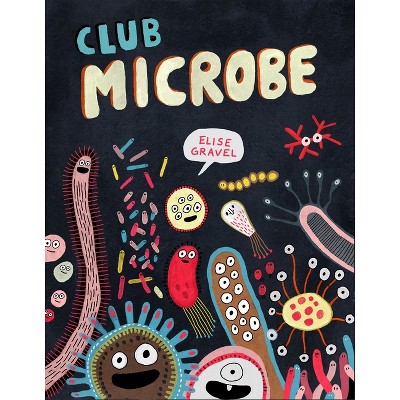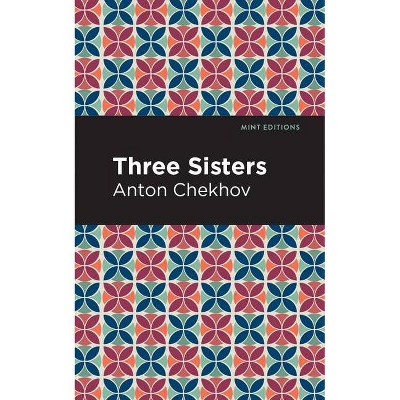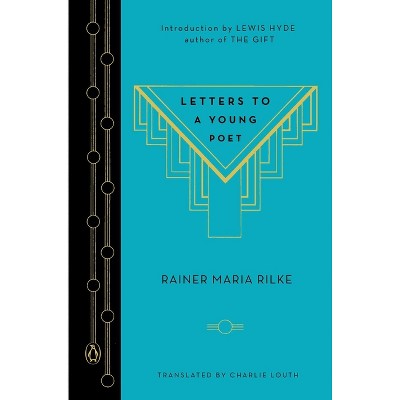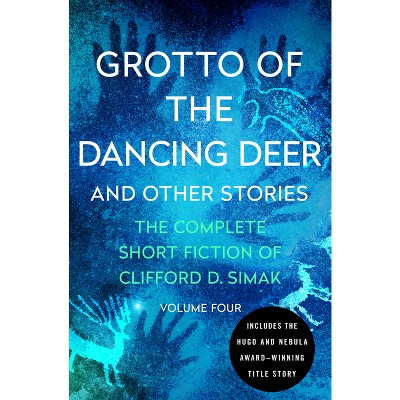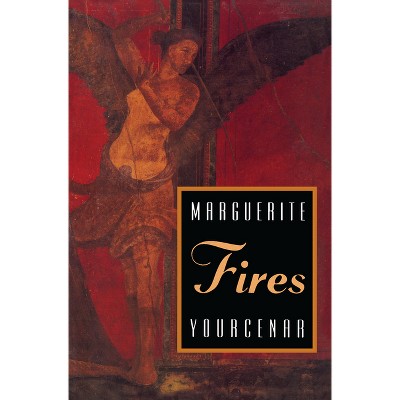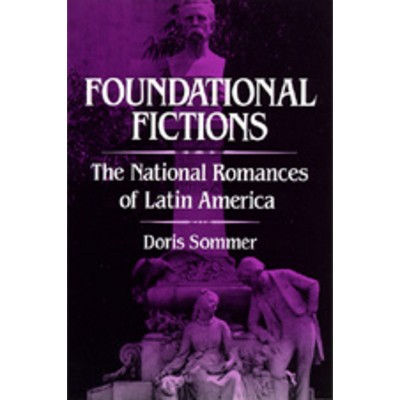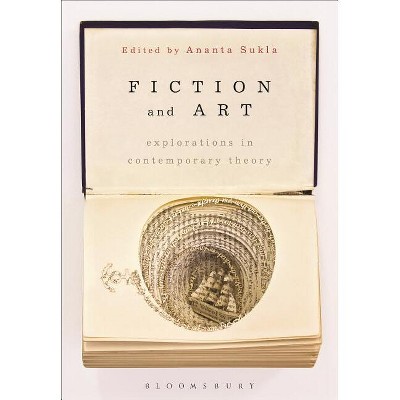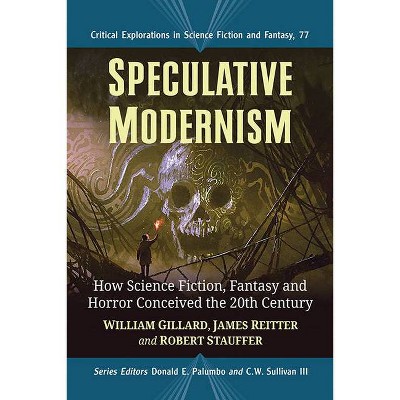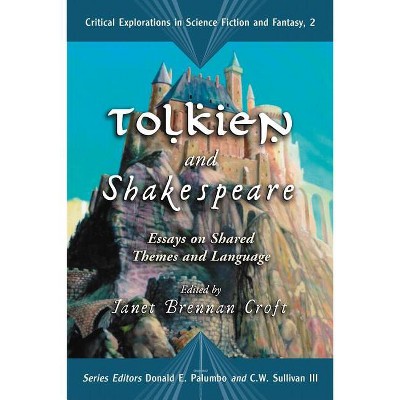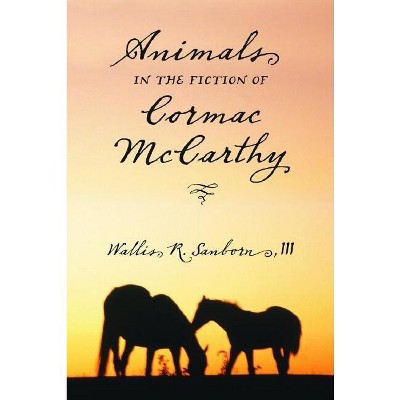Sponsored

Black Stereotypes in Popular Series Fiction, 1851-1955 - by Bernard A Drew (Paperback)
In Stock
Sponsored
About this item
Highlights
- Even well-meaning fiction writers of the late Jim Crow era (1900-1955) perpetuated racial stereotypes in their depiction of black characters.
- About the Author: Bernard A. Drew, an associate editor of The Lakeville Journal and its associated weekly newspapers in Northwest Connecticut, has written 50 books.
- 292 Pages
- Literary Criticism, Science Fiction + Fantasy
Description
About the Book
"Even well-meaning fiction writers of the late Jim Crow era (1900-1955) perpetuated racial stereotypes in their depiction of black characters.The best known white writers of black characters included Booth Tarkington, Irvin S. Cobb, Roark Bradford, Hugh Wiley, Charles Correll and Freeman Gosden. These writers left a curious legacy that deserves examination"--Book Synopsis
Even well-meaning fiction writers of the late Jim Crow era (1900-1955) perpetuated racial stereotypes in their depiction of black characters. From 1918 to 1952, Octavus Roy Cohen turned out a remarkable 360 short stories featuring Florian Slappey and the schemers, romancers and ditzes of Birmingham's Darktown for The Saturday Evening Post and other publications. Cohen said, "I received a great deal of mail from Negroes and I have never found any resentment from a one of them." The black readership had to be satisfied with any black presence in the popular literature of the day.
The best known white writers of black characters included Booth Tarkington (Herman and Verman in the Penrod books), Irvin S. Cobb (Judge Priest's houseman Jeff Poindexter), Roark Bradford (Widow Duck, the plantation matriarch), Hugh Wiley (Wildcat Marsden, the war veteran who traveled the country in the company of his goat) and Charles Correll and Freeman Gosden (radio's Amos 'n' Andy). These writers deservedly declined in the civil rights era, but left a curious legacy that deserves examination. This book, focusing on authors of series fiction and particularly of humorous stories, profiles 29 writers and their black characters in detail, with brief entries covering 72 others.
Review Quotes
"Valuable reference source...highly recommended"-American Library Association; "informative and extremely useful...recommended"-ARBA; "Drew explores the way white fiction writers wrote about black characters in the Jim Crow era"-ProtoView.
About the Author
Bernard A. Drew, an associate editor of The Lakeville Journal and its associated weekly newspapers in Northwest Connecticut, has written 50 books. He lives in Great Barrington, Massachusetts.